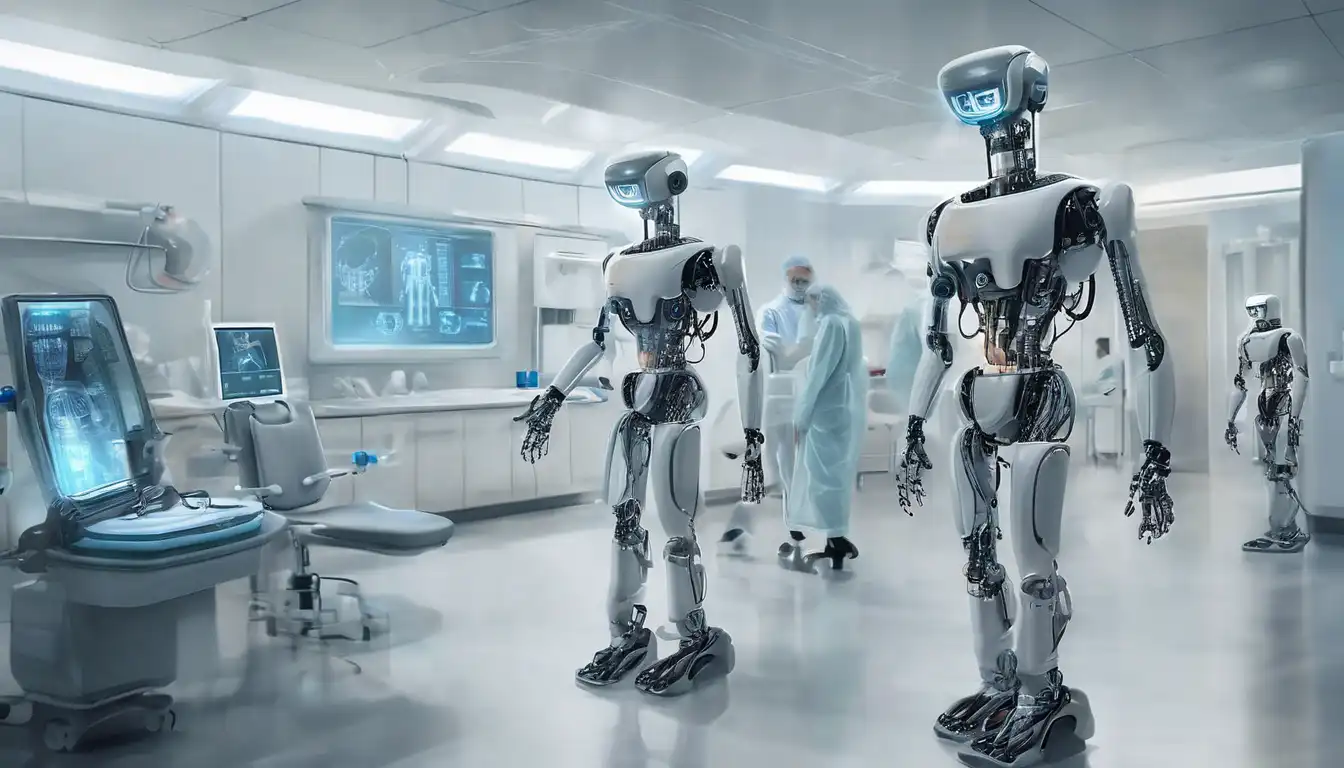The Next Era of Robotics in Healthcare
The integration of robotics into healthcare is transforming the way patient care is delivered. From surgical robots to robotic prosthetics, the future of healthcare is being reshaped by technological advancements. This article explores the potential of robotics in healthcare, highlighting key innovations and their impact on patient outcomes.
Robotic Surgery: Precision and Efficiency
Robotic surgery has become a cornerstone of modern healthcare, offering unparalleled precision and efficiency. Systems like the Da Vinci Surgical System allow surgeons to perform complex procedures with minimal invasiveness, reducing recovery times and improving surgical outcomes.
Robotic Prosthetics: Enhancing Mobility
Advancements in robotic prosthetics are providing amputees with unprecedented levels of mobility and functionality. These devices are becoming more intuitive, allowing users to perform complex tasks with ease. The future promises even greater integration between human and machine, blurring the lines between biology and technology.
AI and Robotics: A Powerful Combination
The combination of artificial intelligence (AI) and robotics is opening new frontiers in healthcare. AI-powered robots can analyze vast amounts of data to assist in diagnosis, treatment planning, and even patient care. This synergy is expected to revolutionize personalized medicine, making treatments more effective and tailored to individual needs.
Challenges and Opportunities
Despite the potential, the integration of robotics into healthcare faces challenges, including high costs and the need for specialized training. However, the opportunities for improving patient care and operational efficiency are immense. As technology advances, these challenges are likely to be overcome, paving the way for widespread adoption.
The future of robotics in healthcare is bright, with innovations continually emerging. By embracing these technologies, healthcare providers can offer better care, improve patient outcomes, and streamline operations. The next era of healthcare is here, and robotics is at its core.
Key Takeaways
- Robotic surgery offers precision and efficiency, improving patient outcomes.
- Robotic prosthetics are enhancing mobility and functionality for amputees.
- The combination of AI and robotics is revolutionizing personalized medicine.
- Despite challenges, the future of robotics in healthcare is promising.
As we look to the future, the role of robotics in healthcare will only grow, offering new possibilities for patient care and treatment. The journey has just begun, and the potential is limitless.
